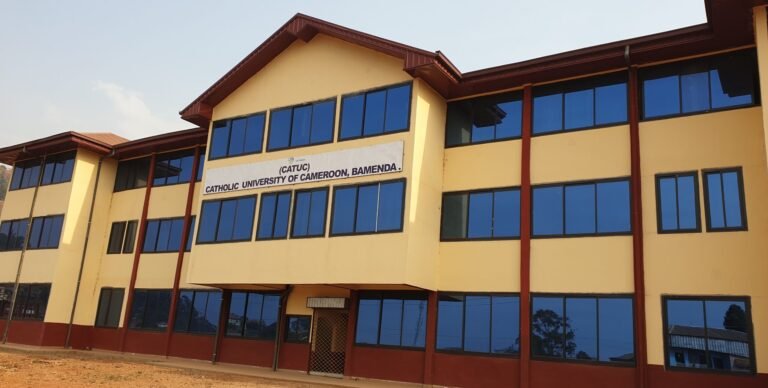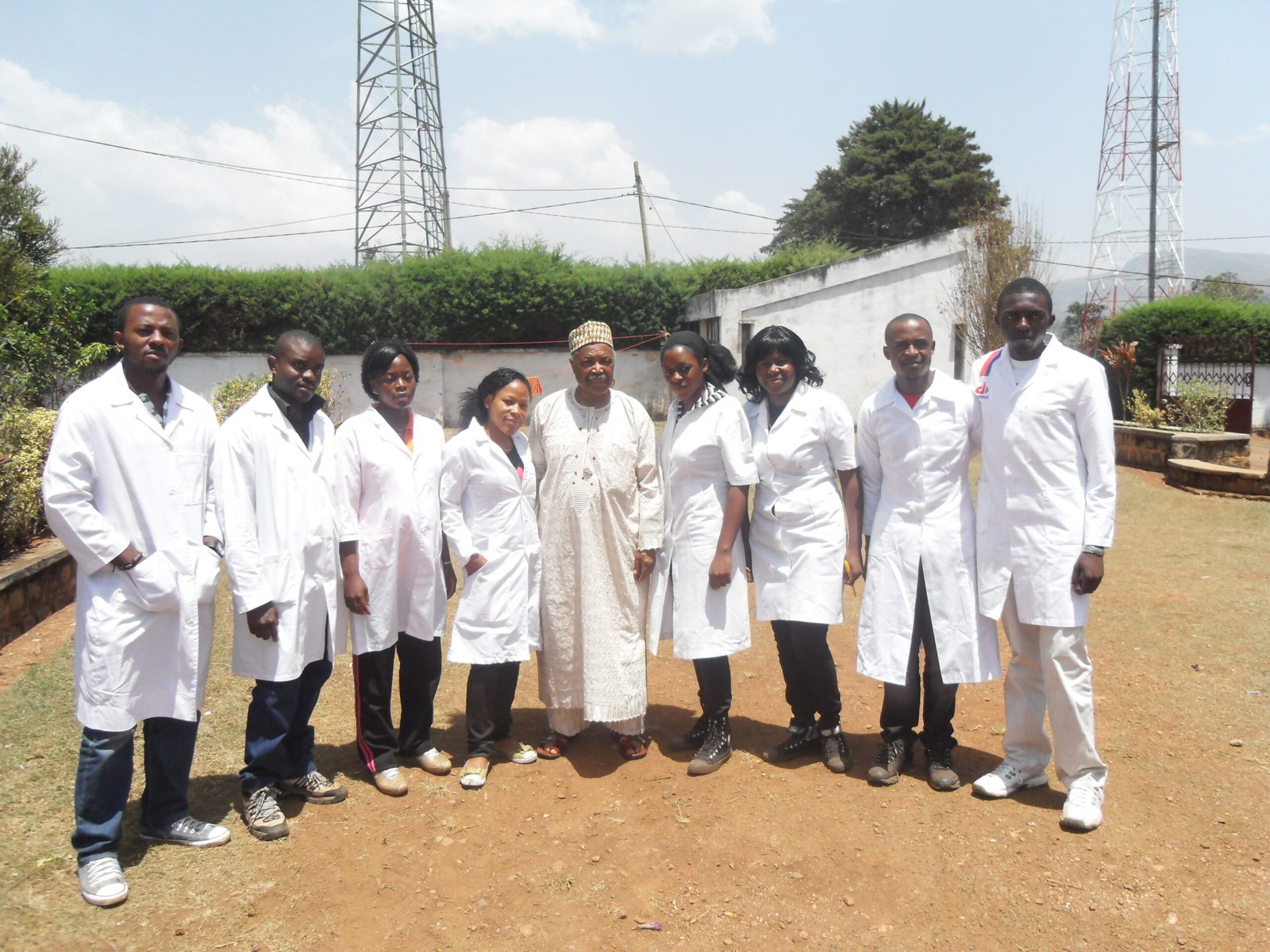Animal Sciences Program

SPECIALTY : Animal Sciences
DURATION : 4 years (8 Semesters)
DEGREE IN VIEW : Bachelor of Science (BSc.)
DEPARTMENT : Animal Sciences and Technology
SCHOOL : School of Tropical Agriculture and Natural Resources (STANR)
Category : Undergraduate
The Department of Animal Science & Technology (DANST) is the brain trust of the School of Agriculture and Natural Resources (STANR) in the domain of animal protein.
Mission
The mission of DANST is to prepare future animal scientists to graduate with sufficient intellectual, technical and environmental appropriation of all required aspects of Animal Production and Health Management, Animal Product Technology, Aquaculture and Fisheries, and Domestication of Nonconventional Livestock.
Vision
To enhance the quality of human life, through developing Animal Science to ensure the sustainability of production systems and to conserve the natural resources, animals and environment for future generations, as well as to inform public understanding as well as cooperate with other institutions with the aim of blossoming as a center of excellence in our various specialties.
Our goal is for our graduates to become self-emulating in livestock, poultry and fishery enterprises keeping in mind their motive to remain responsible, up-to-date and problem-solving crafters. More specifically, DANST aims to:
- Develop programs as well as routine updates in the areas of Animal Science, Animal Products, Agricultural Biochemistry/Biotechnology, Agricultural Chemistry, and Specialist extension and Mini livestock conservation
- Turn out production-oriented graduates in our field through practical oriented and, local and international relevance, capacity building and training
- Produce personnel who are capable of teaching, initiating and, conducting environmentally relevant and sustainable research
- Produce graduates for both public and private sectors, as well as successful entrepreneurs.
- Produce extension workers, to organize extension linkages and activities. Organize gender studies in our field and collaborations including on-farm, on-village on-urban adaptive research
- Carry out research in various aspects of our field including collaboration and external linkages.
- Engage in Local and International related shows, exhibitions, exchanges, programmes and academic linkages
- Provide a forum for the discussion of scientific, social and educational problems relevant to the development of animal production and health, Food Science and Technology, Agric Biochemistry and Nutrition, among others.
- Support the publication of scientific and educational materials related to our discipline, and establish a Documentation Centre and data bank on tropical Animal Science.
Program Objectives
- To produce skilled graduates who will be able to apply modern technology to breed and rear animals including fish and other aquatic species at commercial scale, participate in marine fishing and processing, preserve and market fish in large scale for human consumption and other purposes.
- To train potential animal scientists, equipping them with knowledge and ability to competently work in all areas of the rapidly expanding animal industry.
Strategies
The Department is envisaged to create and maintain a rare collection of poultry breeds including layer and broiler grandparent stocks, Turkey, Guinea Fowl, Quails and Pigeons and a hatchery at the department premises. A Livestock Field Station will be established based on the principles of integration to maintain dairy cattle, goats, sheep, ducks, rabbits, swine, fresh water fish, guinea pigs and micro livestock species including deer, crocodiles, porcupine, snails, cane rats and wild pigs.
Research programmes of the Department will be focused directly on livestock development of the country at both national and small farmer levels. The major areas of research interests are: Reproduction, lactation and environmental physiology; processing, quality control and development of various meat and dairy products; livestock based farming systems including duck-fish integration systems; genetic evaluation and genetic diversity of livestock breeds and crosses; investigation of nutritive and supplementation values of tree fodders and legume based pastures; evaluation of rabbits and micro-livestock for meat production; and aquaculture and fisheries.
Laboratory facilities of the Department shall in future include a feed and herbage laboratory which is well equipped to carry out feed analysis, a digestibility and metabolism research unit for ruminants, a physiology laboratory for blood metabolite analysis, semen evaluation and radio immunoassay studies on reproduction and lactation physiology, a dairy and meat product technology laboratory, an arboretum and pasture museum, and aquaculture facilities.
Areas of Specialization
Students will specialize in one of the following two areas:
- Animal Science
- Fisheries
Career Opportunities
Lorem Ipsum is simply dummy text of the printing and typesetting industry. Lorem Ipsum has been the industry’s standard dummy text ever since the 1500s, when an unknown printer took a galley of type and scrambled it to make a type specimen book. It has survived not only five centuries, but also the leap into electronic typesetting, remaining essentially unchanged. It was popularised in the 1960s with the release of Letraset sheets containing Lorem Ipsum passages, and more recently with desktop publishing software like Aldus PageMaker including versions of Lorem Ipsum.
Requirements for Graduation
Students working towards the degree must earn at least 240 credits. A minimum cumulative grade point average of GPA.2.0 is required for graduation.
Fees
The tuition fee per year is 502,500 FCFA for Cameroonians. To read more about fees click here.




